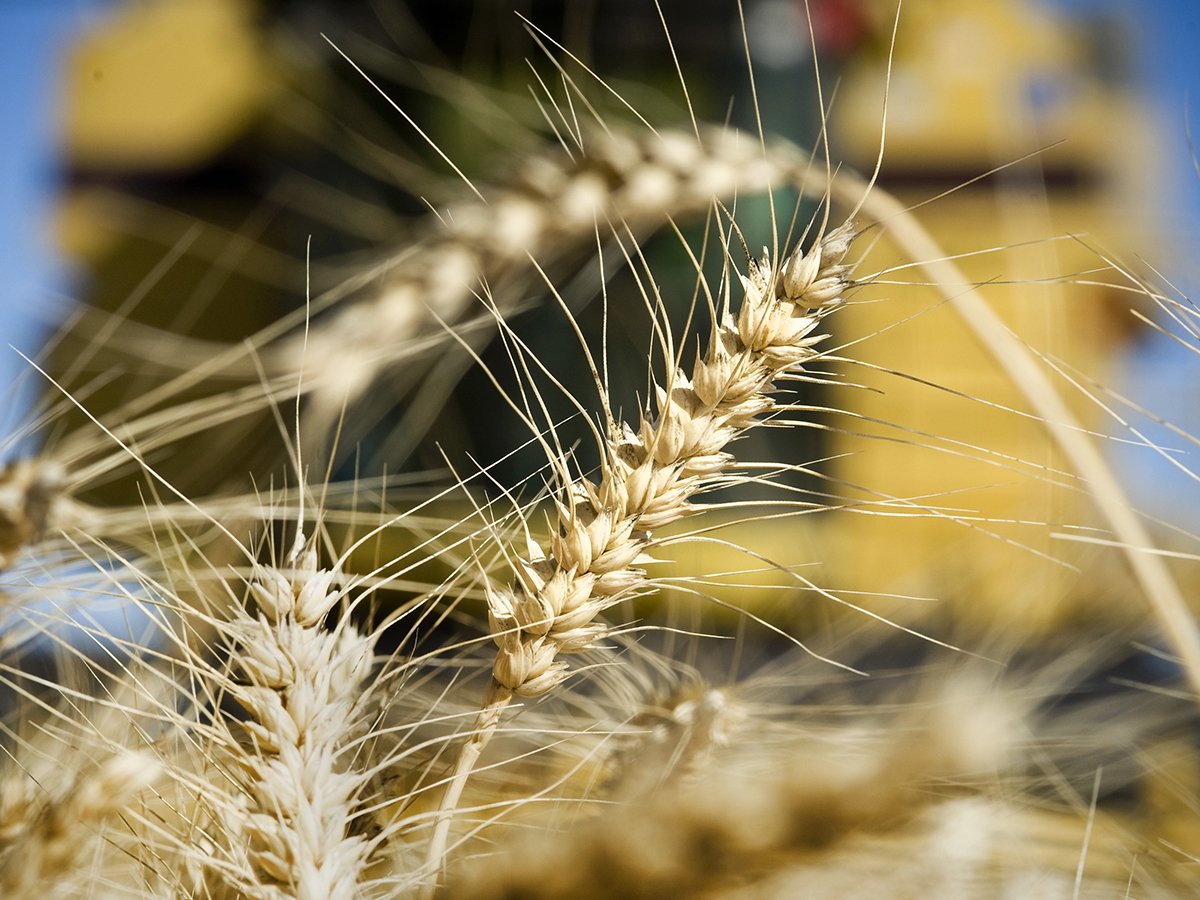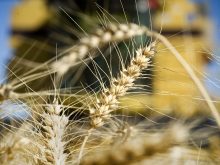Brucellosis is suspected in three cull beef cows from two British Columbia farms after they reacted to tests during routine slaughter testing in the United States.The Canadian Food Inspection Agency has launched an investigation into how the cows could have contracted the disease eliminated from Canada 21 years ago.“We’ve worked hard to eradicate it from the Canadian herd in the past,” said CFIA’s Keith Lehman.The last brucellosis case was diagnosed in 1989, although the OIE recognized Canada as brucellosis free in 1985.CFIA has quarantined the two B.C. herds, located near each other, and sent blood samples from the quarantined herds for testing. The results are expected next week. Samples from the three original animals have also been sent to CFIA’s laboratory in Ottawa for retesting.Through Canada’s cattle identification program, CFIA believes they have also identified the two herds of origin. The investigation will concentrate on uncovering how brucellosis may have reappeared in Canadian cattle.“It’s too early to speculate what might be the cause, if indeed it is confirmed.”Lehman said two early theories are that it may have been contracted from wildlife or imported animals.The United States is not brucellosis free, but it vaccinates animals for the disease. The disease is transmitted through milk and reproductive fluids. After an animal aborts, the afterbirth and fluid are infected and animals that come in contact with the fluid can become infected.Rob McNabb with the Canadian Cattlemen’s Association said the United States has placed temporary import restrictions on cattle and bison to the United States from British Columbia since the suspected cases were discovered.All sexually intact cattle and bison that have lived in B.C. since March 25, 2010, must test negative for brucellosis before being exported to the U.S. It doesn’t apply to cattle and bison exported for immediate slaughter.Lehman said bison are included because the same import certificate is used for importing cattle and bison into the U.S.McNabb said the discovery does not impact Canada’s brucellosis free status, but it’s important to launch an investigation.“We did eradicate the disease. From time to time, even after eradication, things will pop up.”Brucellosis can cause undulant fever in humans, but it is rare in Canada. Sanitary practices in slaughterhouses and pasteurization of milk are effective in preventing the majority of human cases.Avoiding unpasteurized dairy products and careful handling of infected animals and their tissues can prevent human infection.
Read Also

European wheat production makes big recovery
EU crop prospects are vastly improved, which could mean fewer canola and durum imports from Canada.















